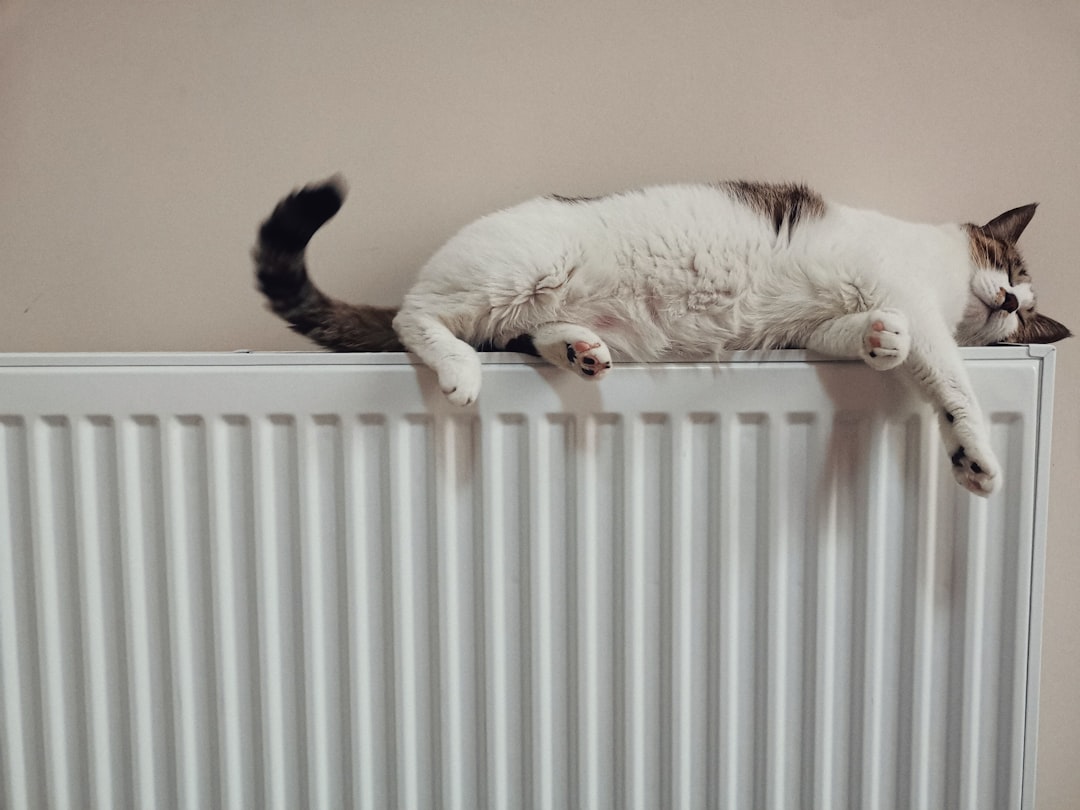Are you looking to bleed your radiators but find yourself wondering if you should should you bleed radiators when the heating is on or off? When it comes to maintaining a warm and comfortable home, especially during the colder months, understanding how to bleed your radiators is crucial. In this comprehensive guide, we’ll walk you through the process of bleeding a radiator, why it’s important for your central heating system, and how to tackle this task with ease. This article is a must-read for anyone looking to enhance their home’s heating efficiency and comfort.
What Does It Mean to Bleed a Radiator?
Before diving into the process, let’s understand what bleeding a radiator entails. Essentially, bleeding a radiator means releasing trapped air that has accumulated inside, which can significantly affect the efficiency of your heating system.
Why Do You Need to Bleed Your Radiator?
- Improved Heating Efficiency: Trapped air in radiators can prevent hot water from circulating properly, leading to cold spots. By bleeding your radiators, you ensure they heat up efficiently.
- Extended Boiler Lifespan: Regular bleeding can reduce the strain on your boiler, potentially prolonging its lifespan.
- Energy Cost Savings: Efficient radiators mean your boiler doesn’t have to work as hard, leading to reduced energy bills.
How Often Should You Bleed Your Radiators?
Ideally, you should check your radiators at least once a year, typically before the winter season begins, to ensure they are functioning efficiently.
Identifying a Radiator That Needs Bleeding
If your radiator is cold at the top but warm at the bottom, it’s a classic sign that it needs bleeding. This indicates trapped air is preventing hot water from filling the entire radiator.
Tools You’ll Need to Bleed a Radiator
Gather the following tools before you start:
- A radiator key
- A cloth or small container to catch any drips
Step-by-Step Guide to Bleeding a Radiator
- Turn Off Your Heating: Ensure your central heating system is off and your radiators are cool.
- Locate the Bleed Valve: This is usually found at the top corner of the radiator.
- Position Your Key and Cloth: Insert the radiator key into the bleed valve and hold your cloth or container under the key to catch any drips.
- Turn the Key: Slowly turn the radiator key anti-clockwise. You’ll hear a hissing sound as the trapped air escapes.
- Wait for Water: Once you see a small amount of water leak out, this indicates all the air has been released.
- Close the Valve: Quickly tighten the bleed valve by turning the key clockwise.
Bleeding Radiators with a Combi Boiler
The process for bleeding radiators in a home with a combi boiler is similar, but you may need to re-pressurize your boiler afterward. Check your boiler’s pressure gauge and consult your user manual for specific instructions.
Dealing with Radiators without a Key
If you don’t have a radiator key, you can purchase one at most hardware stores. Alternatively, some modern radiators may have a bleed valve that can be turned with a flathead screwdriver.
When to Call a Professional
If you’re uncomfortable performing this task, or if bleeding your radiators doesn’t resolve the issue, it might be time to call in a professional.
Conclusion: The Importance of Regular Maintenance
Bleeding your radiators is a simple yet crucial aspect of maintaining your home’s heating efficiency. By following these steps, you can ensure that your radiators are functioning optimally, keeping your home warm and cozy while saving on energy costs.
Key Takeaways:
- Bleed your radiators at least once a year, ideally before winter.
- Use a radiator key and cloth to bleed radiators.
- Turn off your heating before starting and re-check the boiler pressure if you have a combi boiler.
- Consider professional help if you’re unsure or if problems persist.
By adhering to these guidelines, you’ll maintain an effective and efficient central heating system, contributing to the overall comfort and warmth of your home.


